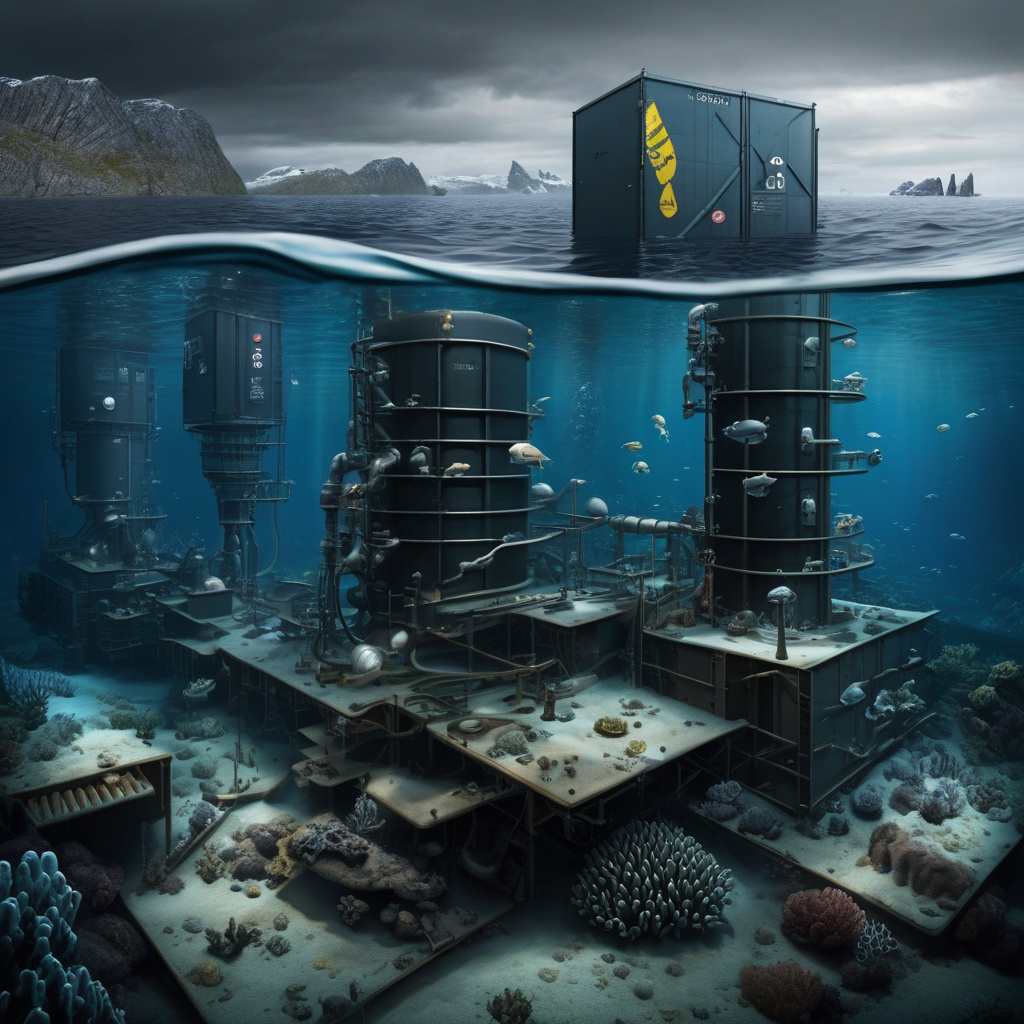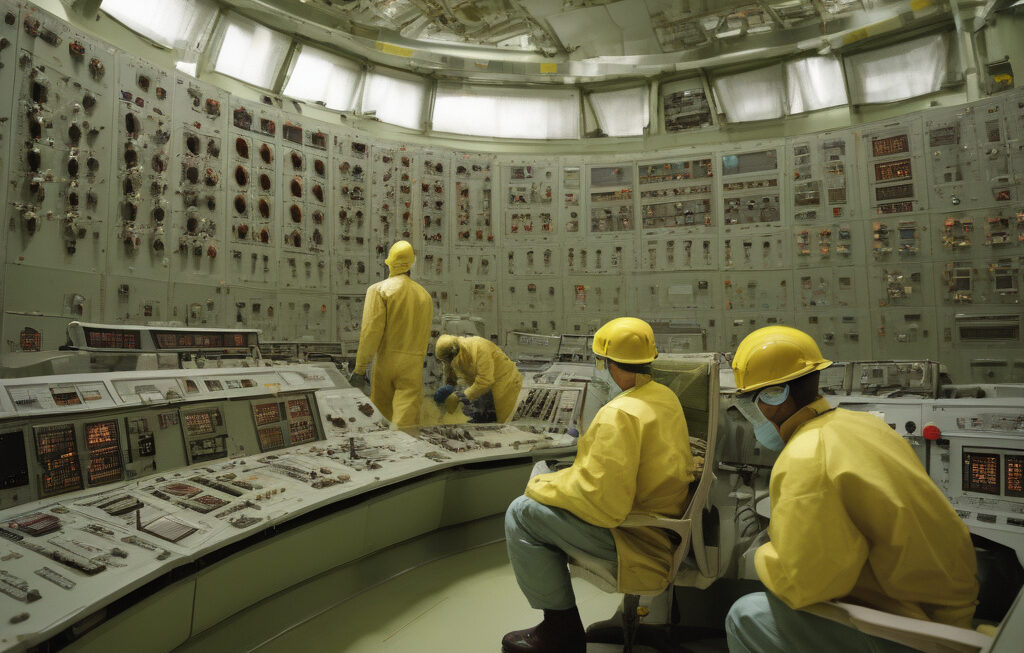World’s First CO2 Storage Site Injects Carbon 1.6 Miles Below Seabed in Norway
Energy giants Equinor, Shell, and TotalEnergies have made a massive step forward in large-scale carbon capture and storage technology by establishing the world’s first CO2 storage site below the seabed off the coast of Norway. This groundbreaking initiative marks a significant milestone in the global effort to combat climate change and reduce greenhouse gas emissions.
The project, known as Northern Lights, aims to capture CO2 from industrial sources in Europe and store it deep beneath the seabed to prevent it from entering the atmosphere. The captured carbon will be transported by ships to a terminal on the west coast of Norway, where it will then be injected 1.6 miles below the seabed into a rock formation for permanent storage.
Carbon capture and storage (CCS) technologies play a crucial role in reducing carbon emissions and meeting climate targets. By capturing CO2 at its source and storing it underground, CCS helps to prevent the release of harmful greenhouse gases into the atmosphere. The Northern Lights project is a prime example of how industries can work together to implement innovative solutions for a more sustainable future.
Equinor, Shell, and TotalEnergies are leading the way in the development of CCS technology, demonstrating their commitment to environmental sustainability and climate action. The collaboration between these energy giants highlights the importance of public-private partnerships in driving progress towards a low-carbon economy.
In addition to its environmental benefits, the Northern Lights project also presents economic opportunities for the region. The establishment of a CO2 storage site off the coast of Norway has the potential to create jobs, stimulate innovation, and attract investment in clean energy technologies. By pioneering CCS infrastructure, Norway is positioning itself as a global leader in carbon capture and storage.
As the world transitions to a more sustainable energy system, initiatives like the Northern Lights project are essential for achieving climate goals and fostering a greener future. By investing in carbon capture and storage technology, countries can decarbonize industries, reduce emissions, and mitigate the impacts of climate change.
The successful implementation of the world’s first CO2 storage site in Norway sets a precedent for future CCS projects around the world. As governments, industries, and stakeholders work together to address the challenges of climate change, innovative solutions like carbon capture and storage will play a critical role in creating a more sustainable and resilient planet for future generations.
In conclusion, the establishment of the Northern Lights project represents a significant advancement in carbon capture and storage technology, demonstrating the potential for large-scale CO2 storage below the seabed. By collaborating on innovative solutions, energy giants like Equinor, Shell, and TotalEnergies are paving the way for a more sustainable future and leading the charge towards a low-carbon economy.
climatechange, carboncapture, sustainability, energytransition, innovation












